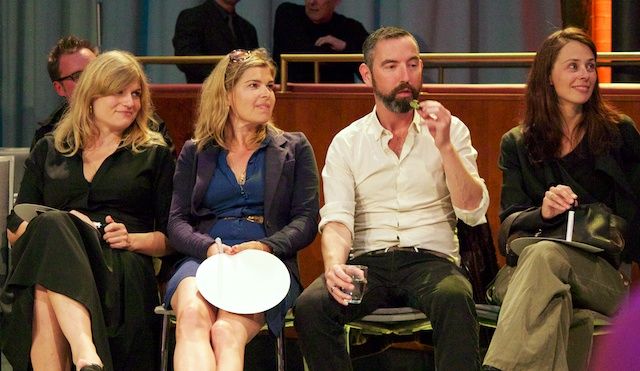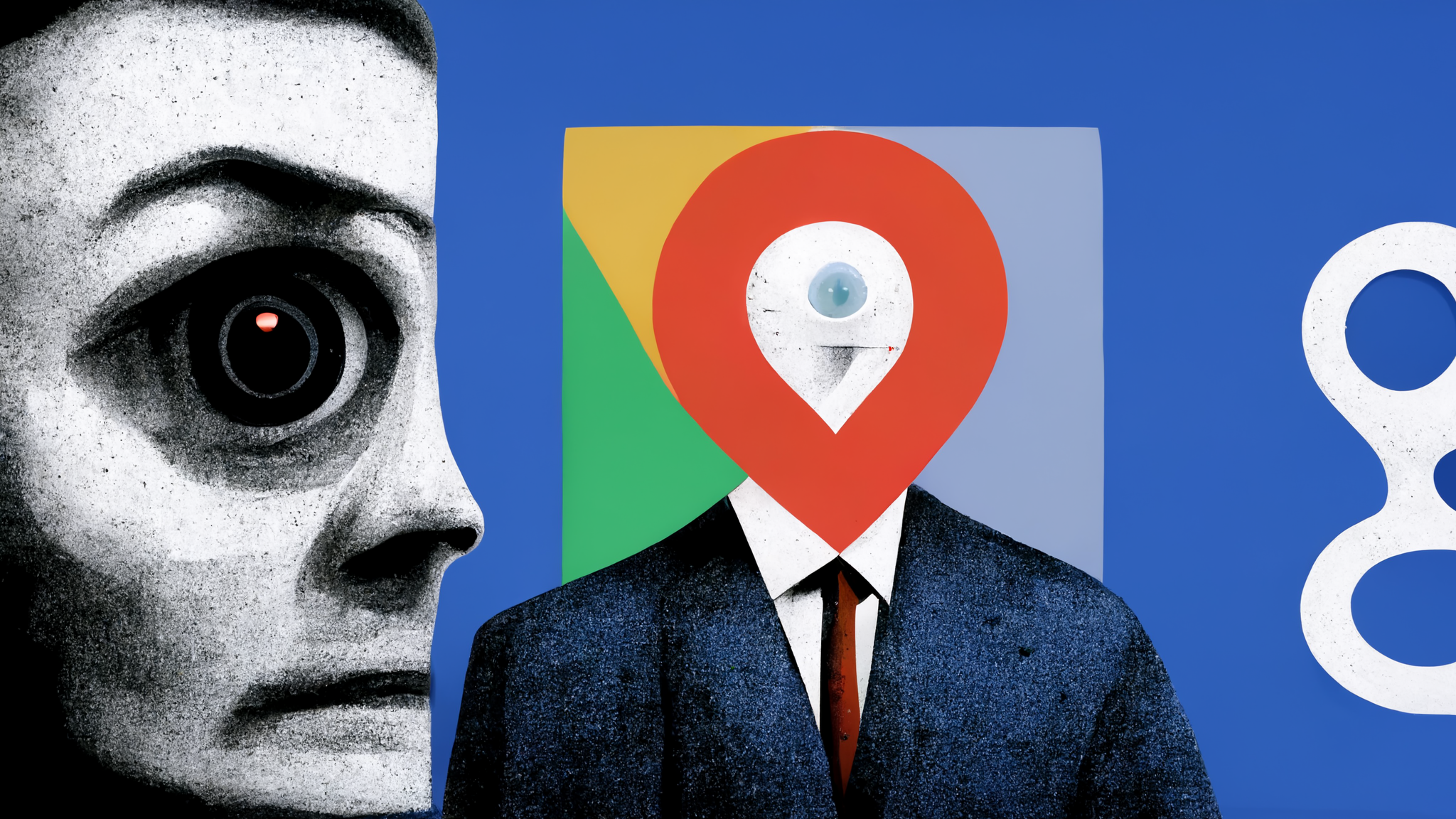
Major Google update incoming: the helpful content update is imminent
Google's hitting us with a major new update next week. Here's what you need to know.
Hang on to your hats, folks: we have a big content-centric update to Google coming our way. The search giant has just announced the helpful content update, and will be rolling it out the week commencing 22nd August. That gives you, well, days to prepare.
So, should you be worried? What’s this update trying to do? Here’s the key paragraph in Google’s announcement:
The helpful content update aims to better reward content where visitors feel they've had a satisfying experience, while content that doesn't meet a visitor's expectations won't perform as well.
But what does that actually mean?
Writing content for search, not for people, is bad, m’kay?
Search Engine Land summed it up well:
Content written for the purpose of ranking in search engines – what you might call “search engine-first content” or “SEO content,” has been frequently written about lately and discussed across social media. In short, searchers are getting frustrated when they land on unhelpful webpages that rank well in search because they were designed to rank well.
In short: Google is trying (again) to penalise pages that look useful, but aren’t.
Next week, we will launch the “helpful content update” to better ensure people see more original, helpful content written by people, for people, rather than content made primarily for search engine traffic. Learn more & advice creators should consider: https://t.co/fgf2TPNIqD pic.twitter.com/xOuX2iVk2d
— Google Search Central (@googlesearchc) August 18, 2022
Building useful pages with search in mind
If Google gets this right — and that’s not always guaranteed — this shouldn’t have an impact on most journalism businesses, simply because few of them actually write SEO-first content.
People often use what I call the “pixie dust” model of SEO, that looks like this:
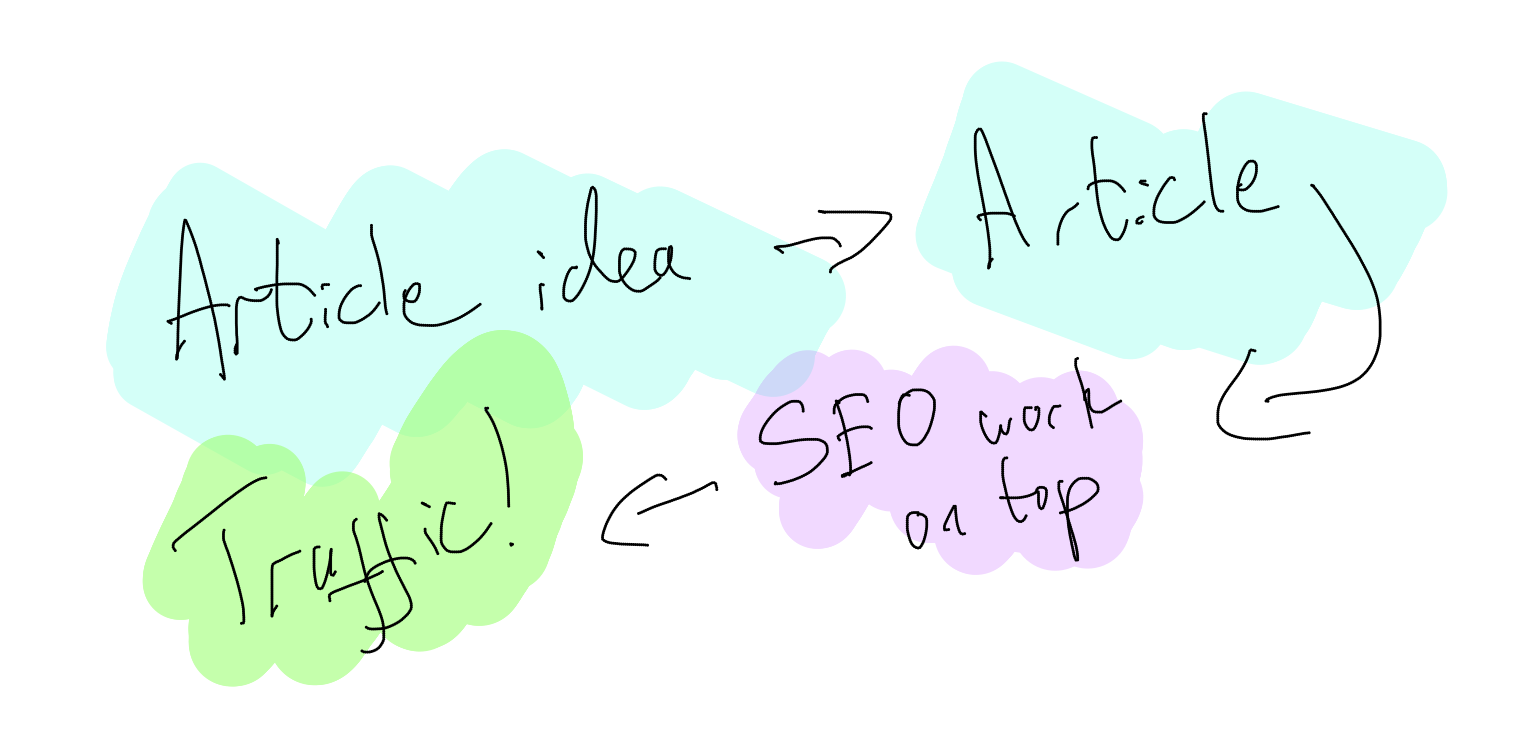
I try to guide people towards the audience strategy model:
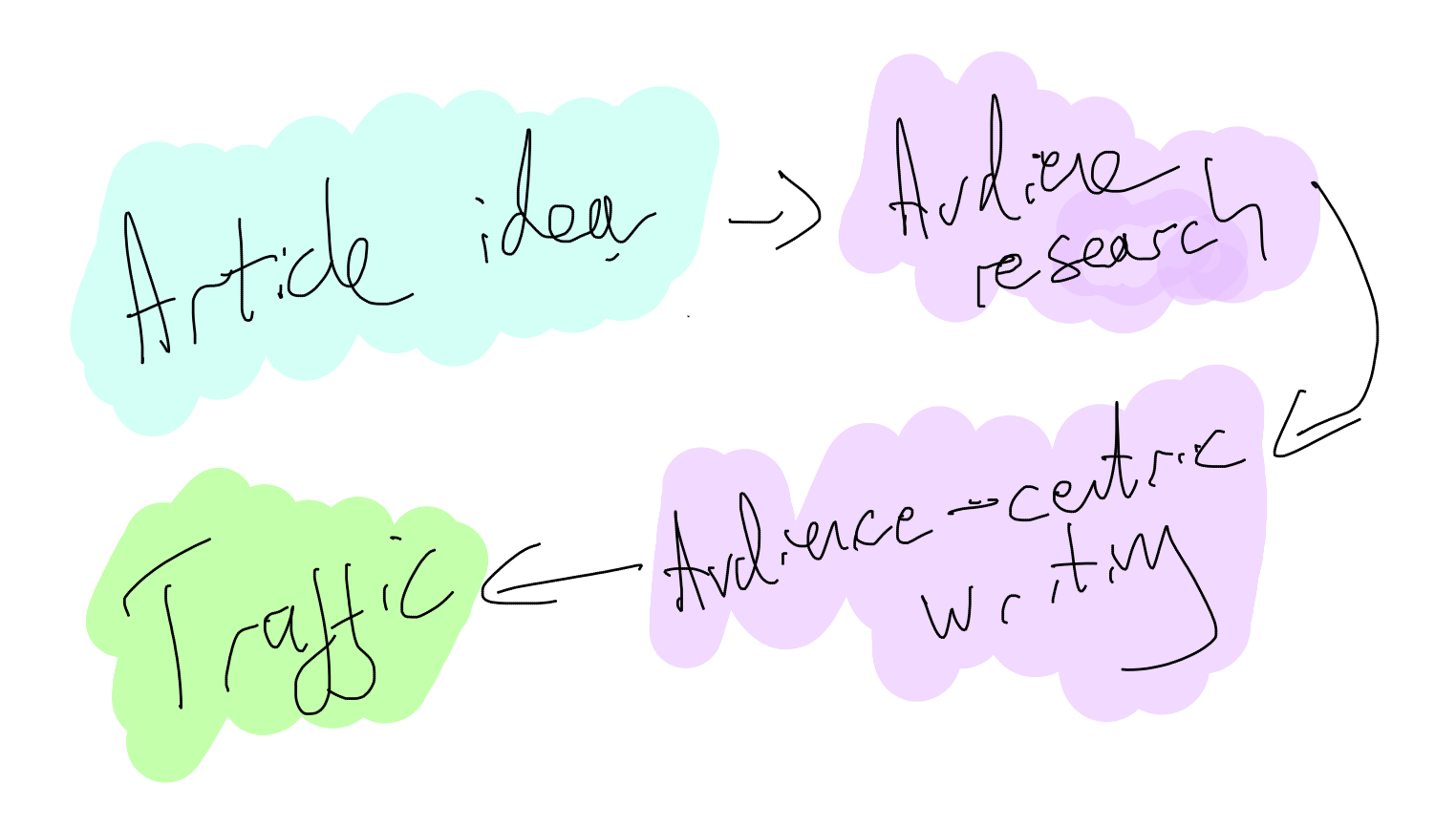
What this update is trying to do is minimise the success of content that’s generated this way:
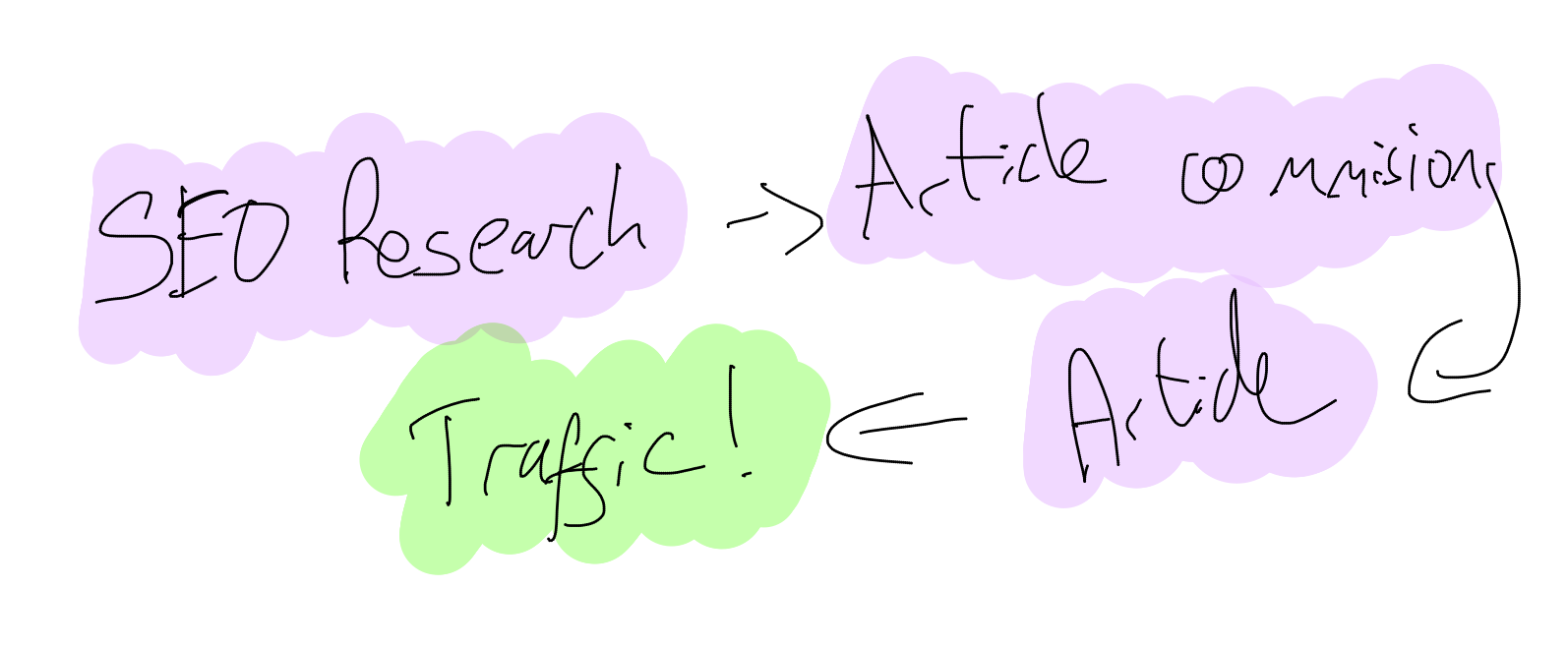
The more often you’ve generated content strictly on the say so of an SEO advisor, based on their keyword research (if they’re behind the curve) or intent research (if they’re suing this decade’s techniques…), the more exposed you are to this update.
Here’s the problem, though: Google typically doesn’t get things right first time out with these sorts of algorithm changes. And if you’re about to be collateral damage, you need to know as soon as possible.
Advice: monitor your search traffic for the next month
Here are some steps to take:
- August is an odd month for traffic for many titles. Look at your average weekly traffic for the final half of the month over the last few years. That’s good reference information.
- Early next week, look for notable declines in search traffic compared with this week, and last week. That’s going to be a danger sign.
- Set up a watchlist of pages that have high volumes of search traffic, but low time on page: these are good candidates for pages that could be panellised under this. If any of them see precipitous declines in traffic, then you might well be being hit.
Honestly, I suspect most people reading this will be just fine. And, indeed, some of you might see traffic increases, as deceptive competitors are weeded out.
But if something’s niggling at the back of your head, if you’ve been writing content for search that doesn’t seem to have much reader value, if you’ve been commissioning pieces based on keywords rather than editorial values…
…well, you could be in for a bumpy ride.
Worth noting:
A couple of other things to note:
- The helpful content update is in English only initially. If you write in other languages, you can afford to watch and see how it plays out in the English-speaking world.
- Google will be iterating on the update in the coming months, so you’ll need to keep monitoring things.
Sign up for e-mail updates
Join the newsletter to receive the latest posts in your inbox.


